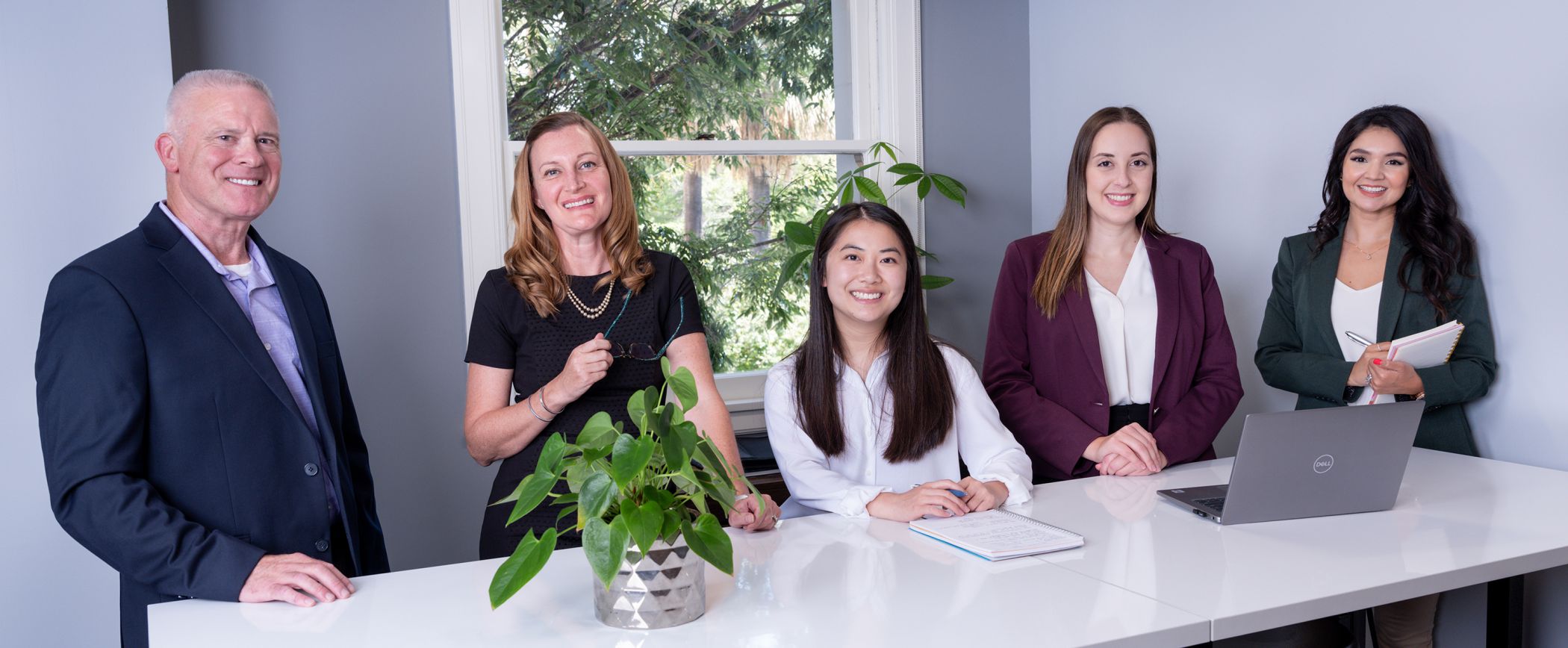AJW is excited and honored to announce that Richard W. Corey, former Executive Officer of the California Air Resources Board (CARB) has joined AJW as a partner in the California office.
Read on for Richard’s look back at where decarbonization has come from, the state of it now, and what it will take to make meaningful reductions in emissions.
Q: Congratulations on your successful tenure with CARB. What accomplishments are you most proud of from your long career in government service?
RWC: I have had the honor of being with CARB for over three decades and serving in every level of the organization from entry-level specialist to Executive Officer for nine years.
During that time, I have directly participated in the development and implementation of the state’s air toxics program, climate program including the Low Carbon Fuel Standard/cap and trade/and short-lived climate pollutant programs, multiple motor vehicle (e.g. zero-emission car/truck/bus regulations) and clean fuels programs, as well as our community protection program.
I also oversaw the settlement of the largest motor vehicle environmental fraud case in history, approval and construction of CARB’s premier Riverside headquarters, established Deputy Executive Officers for Environmental Justice and Equity as well as Internal Operations, and witnessed an unprecedented increase in CARB’s budget to billions.
Many of these milestones are first-in-the-world and are being modeled by jurisdictions across the globe via a series of partnerships. Each of these efforts was achieved through broad-based collaboration within and outside of CARB.
I am convinced that developing and implementing effective policies/programs requires an extraordinary team, focus, strong partnerships, a commitment to securing and relying on the best data, a transparent process, and action.
Those are the elements necessary to provide the needed confidence for the market to make the investments necessary to support sustainable transformation to achieve our clean air and climate goals.
I am most proud of helping to strengthen an environment at CARB that facilitated years of extraordinary outcomes and is catalyzing transformational investments in clean fuels that will deliver public health benefits for decades. Chief among those efforts is who I hired and promoted into positions of leadership throughout the organization, reinforcing the key role that an effective stakeholder process plays in success, and modeling a collaborative culture.
Q: As you transition to the private sector – what are you most passionate about pursuing next?
RWC: I have spent my career on efforts to achieve healthy air quality for all Californians and to address climate change – that remains my passion.
Over that period California continued to grow in terms of population and the economy while concurrently making extraordinary progress in terms of achieving vastly cleaner air and meeting our 2020 GHG reduction target ahead of schedule. Policies and programs that CARB developed and implemented were foundational to these undeniable results. It is one of the reasons why representatives from states and jurisdictions from around the world seek out California to model many of the programs we established.
With that said, our work is not done as many people across the state continue to be exposed to unhealthy air – an issue that climate change will exacerbate. These challenges are not unique to California but rather shared by other states and jurisdictions across the globe.
While transitions come with uncertainty, they present extraordinary opportunities for companies with leadership and vision. It is the investments by these organizations that are fundamental to supporting the innovation needed to transform to clean energy economies. Government policies, regulations, incentives, and philanthropy certainly play a key role in catalyzing these changes, but transformational change occurs from the massive investments by leadership companies across the globe that see opportunity. I look forward to partnering with like-minded organizations in my new role.
My focus will be on facilitating the actions necessary to build on our successes. California, the nation, and the globe is experiencing a transition in terms of how energy is produced, distributed, and consumed. Much of this is driven by the undeniable impacts of climate change, heightened focus on equity, and better protecting the most impacted communities from air pollution, as well as the need for greater energy security further underscored by recent world events.
Q: What about AJW makes it a good fit for this next chapter of your career?
RWC: I leave CARB with a sense of accomplishment and overwhelming gratitude and respect for the incredible team of dedicated scientists, engineers, analysts, attorneys, planners, economists, and technicians as well as inspiring leaders on the Board. I continue to be passionate about moving forward to address clean air and climate change and believe I have something to offer to help organizations with the transition to clean energy.
I am excited about becoming part of the AJW team as I have had the opportunity to work with them in my CARB capacity for over a decade. AJW’s approach to focusing on data, doing the work to make well-reasoned proposals, building effective coalitions, having a stellar reputation and respect in the public and private sector, and creating an inclusive fact-based culture is well aligned with my priorities and principles.
Q: What are the biggest policy opportunities ahead of us to advance decarbonization?
RWC: Achieving deep decarbonization will require an unparalleled transition from traditional sources of energy in California, the nation, and the globe. The scientific record overwhelmingly documents that the impacts of climate change are already occurring, are hitting hardest those least equipped to adapt, and will get progressively more extreme if effective and comprehensive actions are not taken.
The data also show the cost, in terms of impacts on public health and the economy, will be far greater if we fail to act. And, many of the actions will reduce combustion, improve air quality, reduce our reliance on petroleum, and save people money via reduced operation and maintenance costs.
In fact, in many cases, the technologies to facilitate the transition are already available with innovation continuing to rapidly drive down up-front capital costs. The opportunities presented by the transition span the economy including transportation where there has been a dramatic increase (and demand) in commercial models of zero-emission cars, trucks, buses, and offroad equipment and infrastructure with the need for efforts to expedite the uptake.
The marine, rail, and aviation sectors also present tremendous opportunities to drive down emissions, address climate change, as well as make efficiency gains. And, the need to drive down emissions from the industrial/commercial/residential sectors will continue to escalate thereby increasing demand for cleaner/non-combustion retrofits (appliances and equipment) to the existing stock as well as zero emission/low carbon solutions for new builds.
The drive to carbon neutrality or to a carbon-negative target will most certainly also require the substantial deployment of carbon capture, storage, and utilization technologies as well as enhanced management of natural and working lands. The opportunities for creative solutions, innovation, and implementation know-how that support the transition permeate the economy and are at a magnitude eclipsing any I have witnessed over my career.
Today board rooms across the globe are weighing in on decisions concerning the allocation of capital considering the growing risks regarding climate change (e.g., liability risk, brand risk, competitive risk) of insufficient action as well as the opportunities that leading the transition to clean energy presents. I am looking forward to helping organizations navigate through this process.
Q: What advice would you offer technology innovators for working with governments to strengthen market drivers?
RWC: Investment and innovation are at the heart of the transition to clean energy. Government policies and programs (e.g., regulations and incentives) have and will continue to play a role in catalyzing the needed investments and actions.
From my perspective, innovators that have been most effective in working with government:
-
- have invested in establishing long-term relationships with the agencies and have a clear understanding of the policy drivers;
- clearly and accurately articulate their vision, state of technology and commercialization, and how recommended policy actions meet their needs as well as serve the public interest – they are credible and stick to the facts;
- to the extent feasible, partner with broad-based coalitions including communities/labor/tribes on proposed recommendations;
- anticipate questions that are likely to be asked and have well-reasoned, data-supported responses; and
- follow-up, execute, and adapt to issues that invariably arise.
Q: Are you optimistic that energy transition solutions can address complex equity and environmental justice challenges at the speed and scale needed?
RWC: I am optimistic that clean energy policies and investments (transitioning out of combustion everywhere possible and cleaner liquid and gaseous fuels everywhere else) are fundamental to making progress in communities that have been discriminated against for decades. Eliminating combustion of diesel and other petroleum products in and around these communities is a key strategy for making real and sustainable improvements to air quality and public health.
There is no doubt that historical racist policies and actions created deep-seated disparities in housing, education, criminal justice, and access to resources. So, it will take sustained open and honest dialogue as well as concerted efforts by government at all levels in partnership with communities and others to substantively address historical disparities as well as ensure that new ones are not created. In short, I am optimistic that, if implemented correctly, the transition to clean energy will play an important role in addressing historical disparities, but am mindful that the problems are complex and that several other actions are also needed and at a faster pace.
Q: What do you hope to accomplish in this next phase of your career?
RWC: We are at a unique period in history where there is a convergence of increasing public demand for action to address climate change based on the overwhelming scientific record as well as the cascade of nearly daily reports of unprecedented extreme weather-related events.
Along with commitments by elected officials and agencies to escalate actions to address climate change, unprecedented funding from the public and private sectors, and daily announcements by industry and others to increase their ambition and investments there is a growing need to focus on implementation.
The transition to clean energy necessary to make the commitments a reality will require organization-specific strategic plans, massive investments, teams of highly trained professionals, and on-the-ground implementation—ambition is important but only if coupled with actual investments in projects that move forward.
I believe there is a considerable need for experts in the public and private space to partner with industry and government at all levels (domestically and internationally), as well as communities, to support commitments that are paired with effective actions.
A priority of mine will be to partner with leadership organizations on implementing well-designed projects that drive down emissions as well as underscore the strategic and economic opportunities in doing so.


